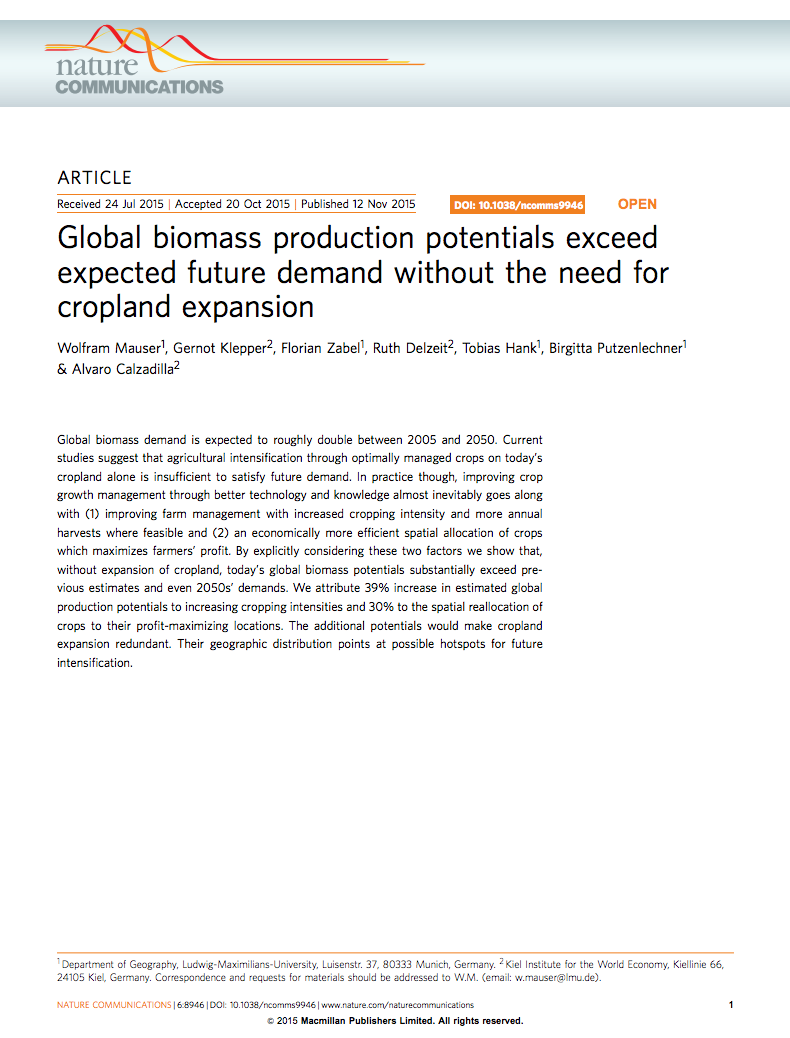Transforming Land Management Globally
The GEF Land Degradation Focal Area provides the framework for eligible countries1 to utilize GEF resources for implementing the UNCCD. Through the focal area, the GEF provides incremental financing for countries to invest in sustainable land management (SLM) activities that generate multiple environmental and development benefits. In most developing countries, SLM represents a major opportunity for sustainable intensification of existing farmlands, leading to sustained productivity.



